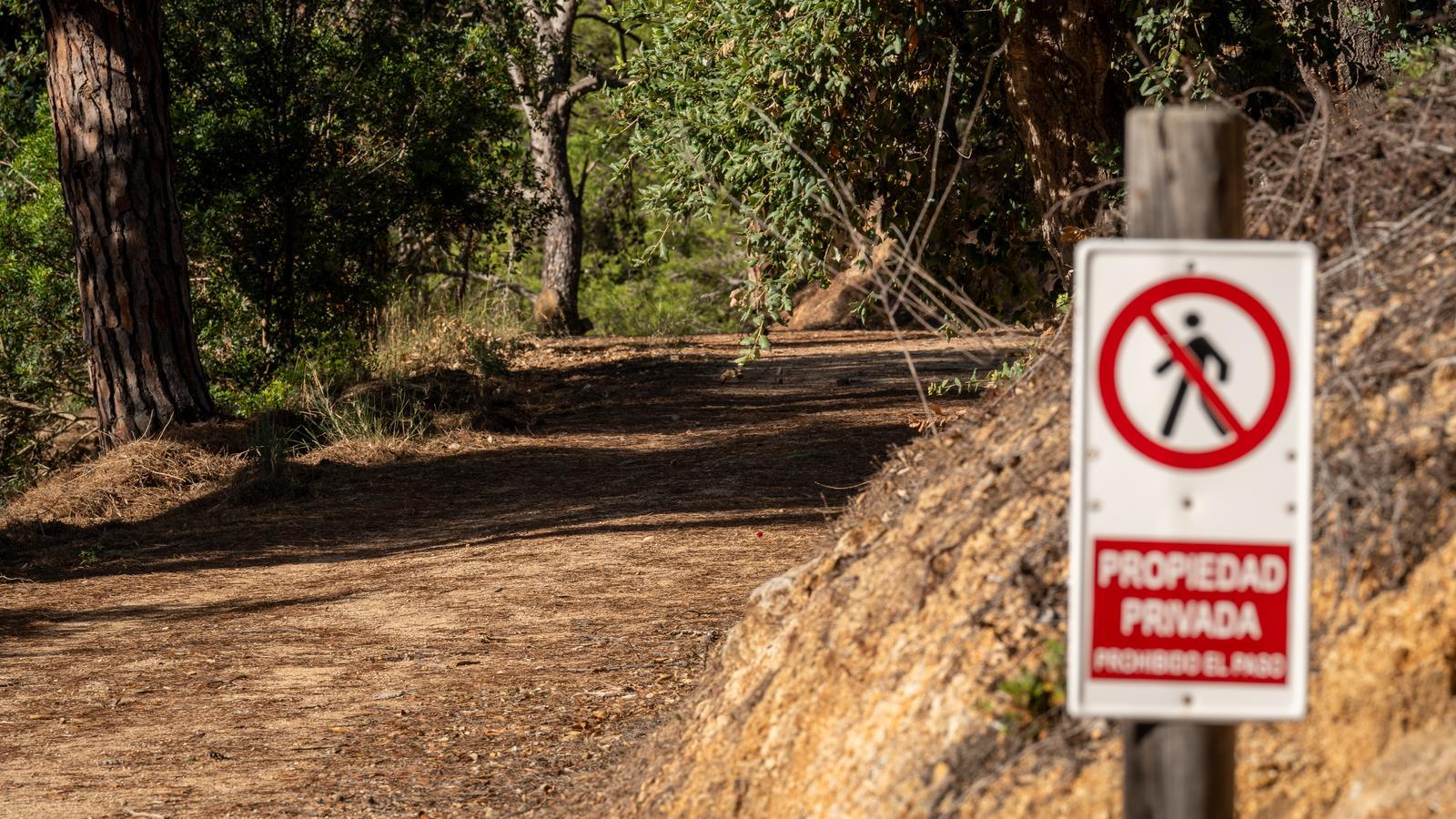

Paths are nature. Traces in the territory that connect cardinal points, overcoming geographical features. They are, at the same time, culture. For an immense poetic spirit, like Walt Whitman's, "free of all limits and all imaginary lines," each path becomes a great gulp of space to breathe. "On foot and with a light heart I go along the road. / Healthy, free, the world before me. / The long dirt road will lead me wherever I will."
The itineraries in the physical landscape modulate the mental landscape, which no cartography can capture. They connect personal memories and collective memory. There are routes of trafficking, of escape, of surveillance. The Pyrenees concentrate mythical ones. The Pas dels Gosolans speaks to us of the eagerness of reapers and muleteers as much as of the union of two valleys; it unites the northern slope of the Cadí, rocky and steep, with the southern face, curved like the back of a prone elephant. The salt route ran through Urgellet, where Hannibal and his pachyderms made their way to Gaul.se non è vero, è bien trovatoAt some point, it converged with the Camí dels Bons Homes, the trans-Pyrenean escape route for Cathar heretics from Occitania to Berguedà and Alt Urgell. The routes of the turpentinarias (travelers of natural remedies) also began in this wild region, supplying the principality's farmhouses year after year following the same paths. The trementinarias' journeys lasted months, a counterpoint to the sudden and clandestine incursions by smugglers and bandits. Many branches have been lost, and others are greenways adapted for walking, cycling, or horseback riding. Of their original typology, only their names remain: wide cart paths or gravel paths, or narrow coarse paths, suitable for horseshoes.
Roads are public property because we have a primary need to travel for various purposes. Hence the limits on the private use of the rightholder. Josep Maria de Segarra, a poet graduated from law school, glimpses the social dimension of individual rights: "The road means humility, / it means renunciation for the sake of good, / it means passing through the same shelter / that others have passed." Not everyone accepts community limitations. There are owners, often of second homes, who appropriate communal land or obstruct access through their plots in a display of arrogance. Sometimes, urban planning laws are violated, with construction in areas of public domain; others do so surreptitiously, with a discreet vegetable wire fence or a robust planter, or by planting a Mercedes in the middle of the road. Unsupportive behaviors exist within the insatiable thirst for private, exclusive, and excluding enjoyment. There is the arrogance of those who believe themselves above good and evil... and the norm that distinguishes them.
Cruel cases abound near the sea. For example, the violation of the right of way that requires all property owners to allow traffic on the bucolic coastal paths. They take their name from the patrol the police used to conduct to catch smugglers who were swindling due to the risks of the coastline. The coastal law reserves a six-meter strip (extendable to twenty), counted from the water, for pedestrian traffic and for surveillance and rescue work. However, rulings that recognize this right clash with a policy of fait accompli. Some property owners choose to close the passage due to the neglect of the administration, which is often complacent with local leaders. Many councils also fail to maintain an inventory of public paths, despite the legal obligation to do so. While the need to occupy an empty apartment belonging to a vulture fund is being pursued through criminal proceedings, judges are reluctant to pursue the illegal encroachment on public property. The response, lukewarm and delayed, acts as a spur. The Suqué Mateu family—winegrowers, lords of Peralada Castle, and owners of the casinos in Catalonia, among other businesses in the holding company—erected a fence on their estate in Alt Empordà to preserve the privacy of the coastal pool and the pier, complete with a summer dining room. Franco moored when the clan patriarch visited, while his son, implicated in the Casinos case, regularly received the top brass of the former Convergence. The lords changed coats, but the maid continued working in her usual uniform. The signs (in Spanish and French): "No entry / Passage interdit") or the metal fence (universal language) are an emblem of privacy and an attribute of privilege. The Llançà - Port Bou coastal path is cut off and there is no choice but to soak and scratch oneself to continue advancing. Despite the sentence to reopen the passage, won by activism, a procedure to prolong the plundering. Another famous case is that of Can Juncadella, the mansion of the former president of Kazakhstan Nursultan Nazarbayev, a personal friend of the Spanish emeritus, which touches the coastal path at the height of Lloret. armed guards included), with the tolerance of the local administration. Mushrooms are growing everywhere, not just in our house.It is neither right-wing nor left-wing, it is a crime") the couple occupies a large piece of public land and refuses to restore public access to the beach.
To end the impunity of these characters, so different and yet so similar, we need awareness and education—no one defends what they don't know and love—and we need denunciations—like the ones Ecologists in Action are making with their report. Black flags— and social pressure is needed, which Mario Benedetti so well claims, with metaphorical violence: "Every time a landowner / proclaims / to take away this heritage from me / they will have to pass / over my dead body / I should keep in mind / that sometimes / they do."
